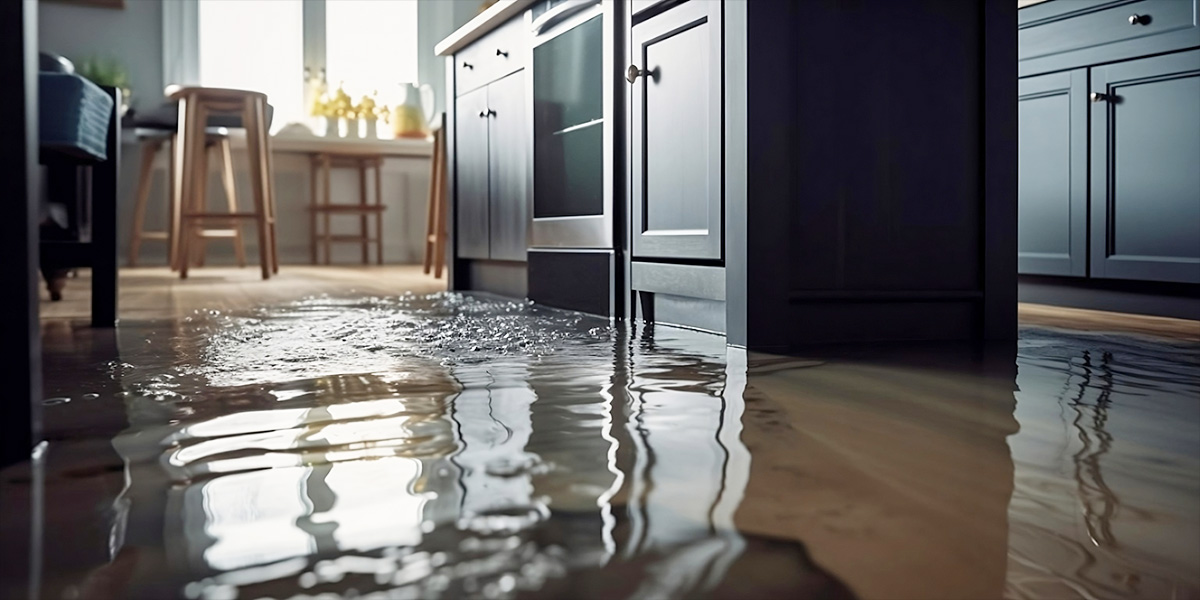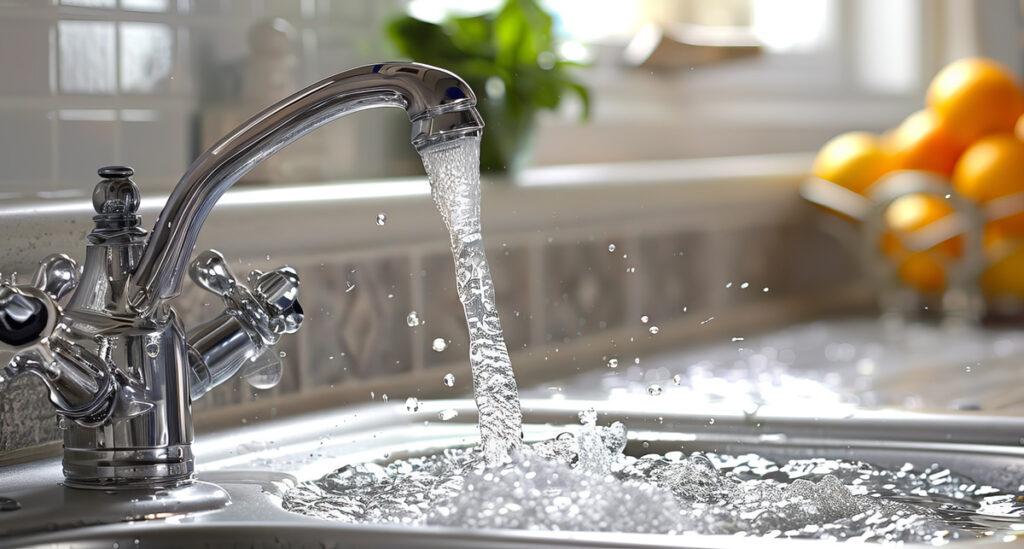

Signs Of a Blocked Drain: What to Look Out For
Why Identifying Blocked Drains Early is Important
Detecting a blocked drain early allows you to address the issue before it causes significant damage. Blockages can lead to water damage, unpleasant odours, and even health hazards if left untreated. Early detection is key to maintaining a healthy and functional plumbing system.

Common Signs of a Blocked Drain
Slow Draining Sinks
One of the most apparent signs of a blocked drain is a sink that drains slowly. If you notice water pooling around the drain or taking longer than usual to clear, it’s a strong indicator that something is obstructing the flow.
Unpleasant Odours from Drains
Blocked drains often emit unpleasant odours, especially when organic matter like food scraps or hair is trapped. If you notice foul smells coming from your sinks, showers, or toilets, it’s time to investigate further.
Water Backing Up
Water backing up into sinks, bathtubs, or toilets is a clear sign of a blockage. This occurs when the water has nowhere else to go due to an obstruction in the pipes, causing it to flow back into your home.
Additional Indicators of Blocked Drains
Gurgling Noises from Pipes
Gurgling noises from your pipes are often caused by trapped air pockets due to a blockage. If you hear these sounds when using water fixtures, it could indicate that your drains are not functioning correctly.
Overflowing Toilets
An overflowing toilet is a more severe sign of a blockage. This often indicates that the main sewer line is blocked, preventing waste from being flushed away properly.
Pooled Water in the Yard or Garden
If you notice water pooling in your yard or garden, particularly after rain, it could mean that your outdoor drains are blocked. This can lead to more extensive drainage issues if not addressed promptly.
Causes Behind Blocked Drains
Hair and Soap Scum
Hair and soap scum are common causes of blocked drains, particularly in bathrooms. These materials can clump together, creating stubborn blockages over time.
Grease and Fat Buildup
In kitchens, grease and fat can solidify in pipes, leading to significant blockages. Even small amounts of grease can accumulate and cause problems over time.
Foreign Objects
Foreign objects such as toys, sanitary products, and wipes can easily become lodged in your drains, leading to blockages. It’s important to be mindful of what goes down your drains.
Tree Roots
Tree roots are a significant problem for underground pipes. They can grow into the pipes in search of water, causing blockages and even structural damage.
The Dangers of Ignoring a Blocked Drain
Potential Water Damage
Ignoring a blocked drain can result in water damage to your home. Overflows, leaks, and backed-up water can ruin floors, walls, and ceilings.
Health Risks Due to Mold and Bacteria
Blocked drains can lead to the growth of mold and bacteria, posing serious health risks to you and your family. The damp environment created by standing water is ideal for these harmful organisms.
How to Confirm a Blocked Drain
Simple At-Home Tests
There are simple tests you can perform to confirm a blocked drain, such as using a plunger or testing water flow from multiple fixtures. These tests can help you determine the severity of the blockage.
When to Call a Professional
If your efforts to clear the blockage are unsuccessful, it’s time to call a professional plumber. Sydney Plumbing Group can diagnose the problem and offer the best solution to restore your plumbing.
Preventing Blocked Drains in the Future
Regular Drain Maintenance
Regular maintenance, such as cleaning your drains and inspecting them for early signs of blockage, is essential in preventing future problems.
Proper Waste Disposal Practices
Proper waste disposal is crucial in keeping your drains clear. Avoid pouring grease down the sink and dispose of non-flushable items in the trash.
Installing Drain Screens
Drain screens are an effective way to catch hair, food particles, and other debris before they enter your pipes, reducing the risk of blockages.
Expert Advice on Dealing with Blocked Drains
Common Mistakes Homeowners Make
Many homeowners make the mistake of using chemical drain cleaners, which can damage pipes over time. It’s important to use safer alternatives and seek professional help when needed.
When to Seek Professional Help
If you experience recurring blockages or notice severe signs like water backing up, it’s best to consult a professional plumber. Persistent issues could indicate a more serious problem with your plumbing system.
Future-Proofing Your Plumbing System
Emerging Technologies in Drain Management
Advances in plumbing technology, such as camera inspections and hydrojetting, are making it easier to manage and prevent blocked drains.
Long-Term Drain Maintenance Strategies
Investing in long-term maintenance strategies, such as regular inspections and professional cleanings, can help future-proof your plumbing system against blockages.
Conclusion
Blocked drains are more than just a minor inconvenience—they can lead to significant damage if not addressed promptly. By recognizing the signs of a blocked drain and taking preventive measures, you can protect your home and ensure your plumbing system operates smoothly. For expert assistance, Sydney Plumbing Group is always here to help with all your drain and plumbing needs.
FAQs
How can I tell if my slow-draining sink is due to a blockage?
A slow-draining sink is often caused by a blockage in the pipes. If water is draining slowly and you notice other signs like gurgling sounds or unpleasant odours, it’s likely a blockage.
What should I do if I notice an unpleasant odour from my drain?
Unpleasant odours from your drain usually indicate a blockage. Try using a natural cleaner like baking soda and vinegar. If the smell persists, it’s time to call a professional.
Can a blocked drain cause long-term damage to my plumbing?
Yes, if left untreated, a blocked drain can cause significant damage, including pipe corrosion, leaks, and even burst pipes. This can lead to costly repairs and potential damage to your home’s structure.
How often should I have my drains checked by a professional?
It’s recommended to have your drains professionally inspected at least once a year. Regular inspections can help catch potential issues early, preventing more severe blockages and damage.
Are there any DIY methods to clear a blocked drain safely?
Yes, there are a few safe DIY methods to try, such as using a plunger or a mixture of baking soda and vinegar. However, if these methods don’t work, it’s important to contact a professional plumber to avoid damaging your pipes.
